

Economy of the Metropolis
The economy of the Sekondi-Takoradi Metropolis is made up of agriculture, services and industryrelated activities. As a result of expansion in communication, energy, transportation, water and sanitation infrastructure serve as a pull factor to attract migrants into the city in search of greener pasture leading to higher population density. The high population density offers a large market for business activities in the city. This contributes to the attraction of skilled workforces, which allows the transfer of knowledge and skills in specialized sectors of the economy such as the oil and gas industry.
The higher ratio of people in service and sales accounts for the commercial activities in the metropolis which is made of retail and wholesale activities which comprise the informal sector. Although economic activities enhance livelihood and better the standard of living in the city, through the multiplicity of effects of similar industries in the area, any adverse risks affect the bulk of the citizenry.
In the case of Sekondi-Takoradi, the decline in the railway and wood-processing industries led to the retrenchment of workers hence reduction in the economic activities of the populace. However, with the emergence of the discovery of oil and gas in the region, the metropolis is experiencing economic overturn in terms of infrastructural development in the area of real estate and oil ancillary services downstream.
There are opportunities for growth if the Assembly collaborates effectively with other agencies such as the Sekondi-Takoradi Chamber of Commerce and the Association of the Ghana Industries in promoting the direct investment of domestic and foreign investors through the organization of investors’ forum.
Major Economic Activates
• Industry 19.1%
• Cement and flour manufacturing
• Cocoa and Timber processing
• Metal fabrication •
• Real estate development
• Agriculture 21%
•Fishing and fish processing
• Food Production
• Palm Oil cultivation and processing
• Services 59.9% •
Hotel/Hostel/Restaurant
• Bulk Oil Storage and Distribution
• Transport and Logistics Services
• Freight Forwarding, Harbour and Port Services
• Commerce
Employment Sector
Common knowledge is that the private sector is the engine of growth of the economy but an economy with a large proportion of the private informal sector is an impediment to achieving accelerated economic growth and development. This is because it is very difficult if not impossible to tax the self-employed (with or without employees) who are mostly in the private informal (market women and street vendors). It follows therefore that with such a low tax revenue base, the Metropolis may not receive substantial revenue from the Internally Generated Fund.
From the table below the majority of females (81.7%) are engaged in the private informal sector compared to 56 percent of their male counterparts. This confirms the fact that women should be the focal point when developing strategic policy for the private informal sector; e.g. revenue collection and construction of markets. On the other hand, there are more males in the private formal (23.0%) and public (government) 18.7 percent sectors than females 8.0 and 9.7 percent respectively
Date Created : 2/10/2025 2:19:49 AM


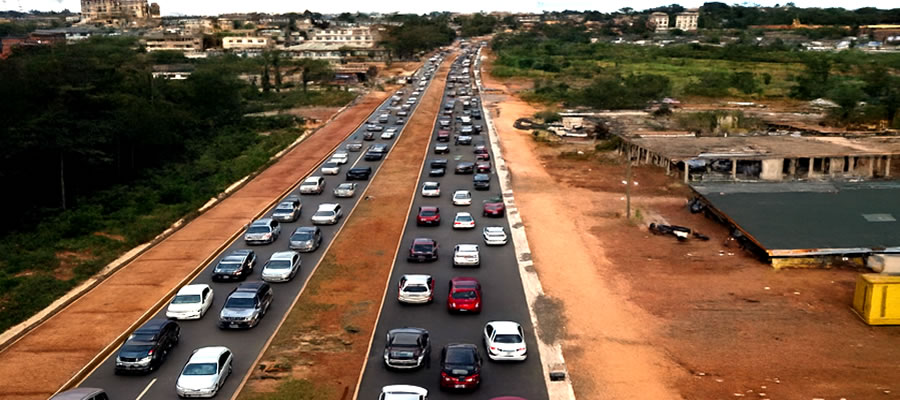
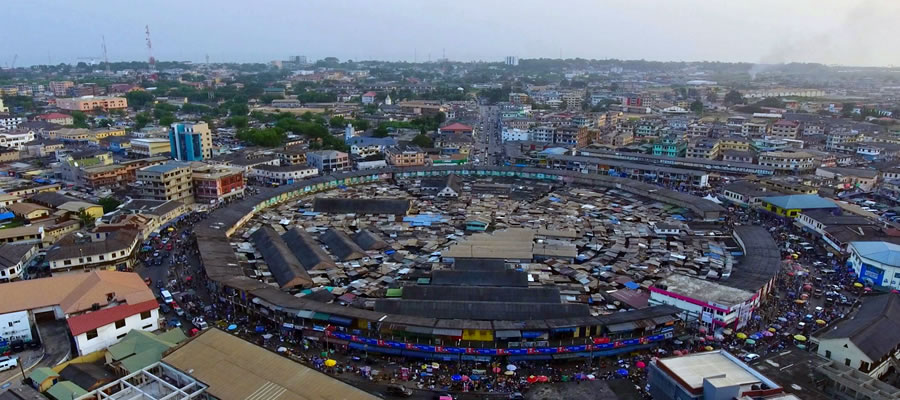
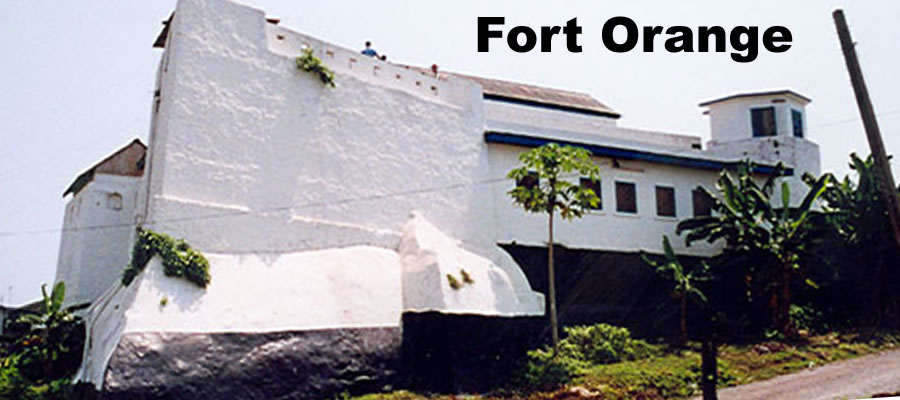
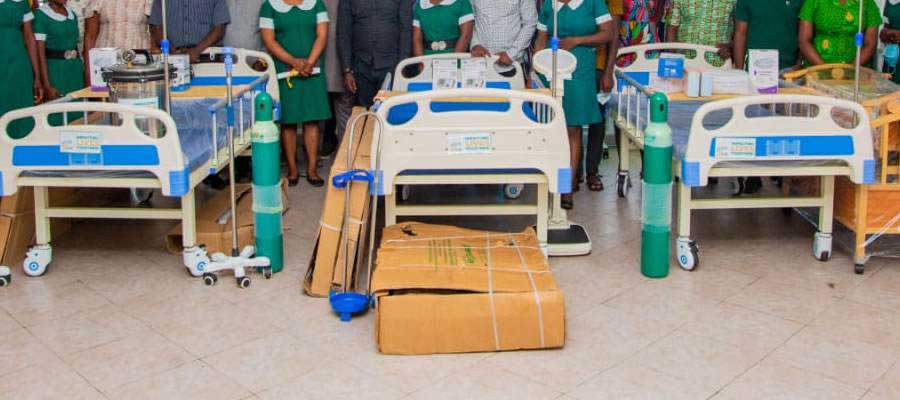
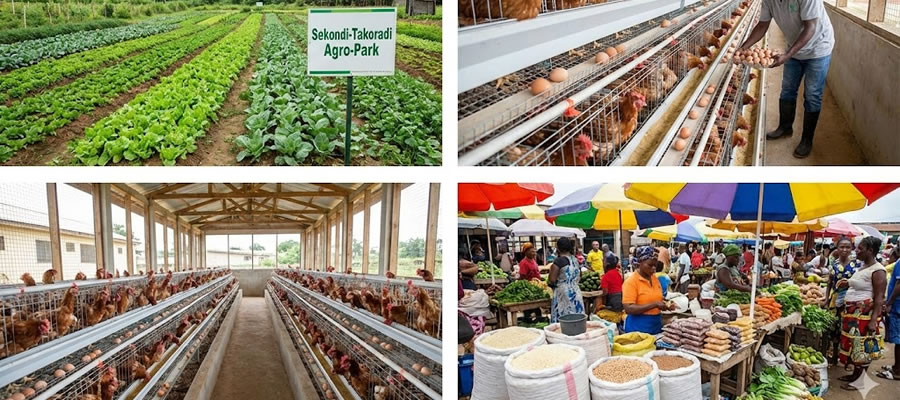




 facebook
facebook
 X
X
 Youtube
Youtube
 instagram
instagram
 +233 593 831 280
+233 593 831 280 0800 430 430
0800 430 430 GPS: GE-231-4383
GPS: GE-231-4383 info@ghanadistricts.com
info@ghanadistricts.com Box GP1044, Accra, Ghana
Box GP1044, Accra, Ghana